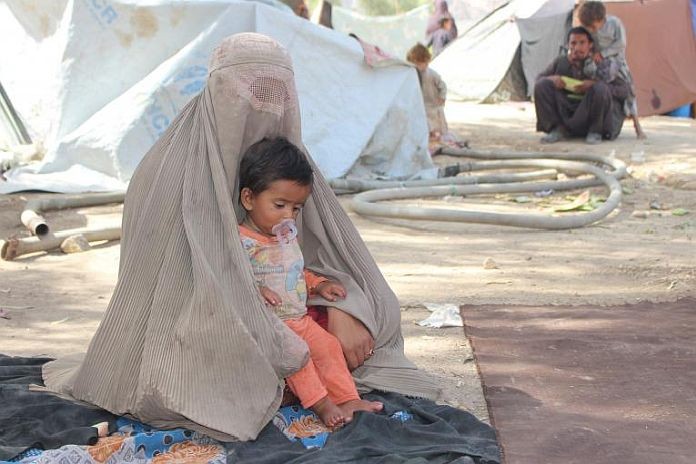KABUL/CAIRO/KATHMANDU – The following is a joint statement by WHO Regional Director for Eastern and Mediterranean Region, Dr Ahmed Al-Mandhari, and UNICEF Regional Director for South Asia, George Laryea-Adjei.
“As humanitarian needs in Afghanistan increase, the abilities to respond to those needs are rapidly declining. WHO and UNICEF call for immediate and unimpeded access to deliver medicines and other lifesaving supplies to millions of people in need of aid, including 300 000 people displaced in the last two months alone.
“While the main focus over the past days has been major air operations for the evacuation of internationals and vulnerable Afghans, the massive humanitarian needs facing the majority of the population should not – and cannot – be neglected. Even prior to the events of the past weeks, Afghanistan represented the world’s third-largest humanitarian operation, with over 18 million people requiring assistance.
“WHO and UNICEF are committed to stay and deliver for the people of Afghanistan.
“However, with no commercial aircraft currently permitted to land in Kabul, we have no way to get supplies into the country and to those in need. Other humanitarian agencies are similarly constrained.
“WHO and UNICEF call for the immediate establishment of a humanitarian airbridge for the sustained and unimpeded delivery of aid into Afghanistan. We are also closely following up with all UN and international partners to explore options for expediting aid shipments.
“In the first few days of the recent hostilities, both WHO and UNICEF — like all other UN agencies — prioritized the safety and security of our staff. But our work continued even when the hostilities were at their worst. We remain committed to staying in Afghanistan and delivering, and we rapidly shifted gears to address the needs of millions of Afghans who remain in the country.
“Conflict, displacement, drought and the COVID-19 pandemic are all contributing to a complex and desperate situation in Afghanistan. Humanitarian agencies need to be supported and facilitated to meet the enormous and growing needs in Afghanistan, and make sure that no one dies unnecessarily due to lack of access to aid.”





